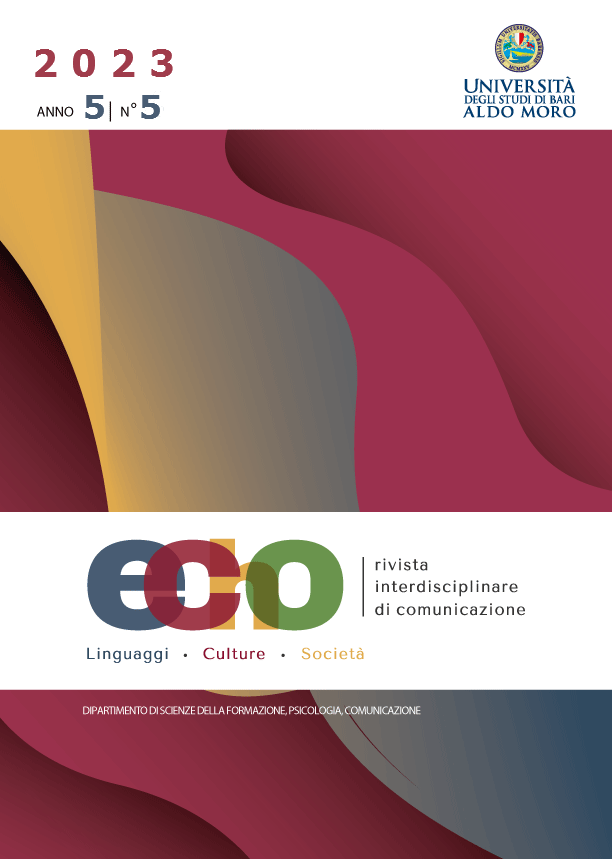Trasmissione della memoria in contesto diasporico: l’esempio della Casa de Goa di Lisbona
DOI:
https://doi.org/10.15162/2704-8659/1885Parole chiave:
Transmission of Memory, Goan Diaspora, Transnationalism, IdentityAbstract
Established in Lisbon in 1987, the association of Casa de Goa aims to promote events and occasions to preserve the memory and the identity of Goa. With this in mind, the institution regularly receives and organizes events that aim to reunite the Goan community, and the ones known as “friends of Goa”, that is to say all those who, even without Goan origins, feel in some way linked with this tiny Indian State. With an activity that has continued incessantly for thirty-six years, the Casa de Goa became a real point of reference and an important gathering point for the members of Goan diasporic community in Portugal. Although is impossible to know the exact number of members of this community, it can be said that it is one of the largest in the diasporic context and this fact certainly cannot be surprising if one considers that the Portuguese presence in Goa dates back to 1510 and lasted until 1961, a year that definitively marks the end of Portuguese colonialism and the annexation of Goa to the Indian Union. This article aims to present the Casa de Goa in a dual meaning: as a lieu de mémoire (Nora 1994), a physical space that becomes a point of reference for the community, taking on a specific meaning in the identity narrative of the group; and, simultaneously, as a symbol of a community, of a group of people who come together to resurface and transmit their memories to new generations. In agreement with Halbwachs, we will understand individual and collective memory as intrinsically linked and as “partial and selective reconstruction of the past, whose points of reference are provided by the interests and conformation of the present society” (Jedlowski 2001, p. 25). This category of memory will, therefore, be considered as “the seat of the processes of selection, removal, interpretation, elaboration of the legacies of the past” (Fabietti, Matera 1999, p. 17) and as a memory that seeks to maintain a group, a community or a cohesive and united society, so that its members feel part of the whole, of a “common feeling” (Fabietti-Matera 1999). In this sense, memory will be examined as profoundly linked to space (that of the starting point, i.e., that of the land of origin, Goa, and that of the association's headquarters), but also as inevitably linked to movement (that of the members of the diaspora). In fact, since the community investigated here is located in a diasporic context, formed by its nature of continuously moving transnational networks, it would not be possible to omit this dimension. On the other hand, as underlined by the scholar Astrid Erll, the most recent research regarding places of memory is starting to include shared, multicultural and transnational spaces, combining memory studies with postcolonial and diaspora studies (Erll 2011, p. 9).Downloads
Pubblicato
2023-12-22
Fascicolo
Sezione
Focus








